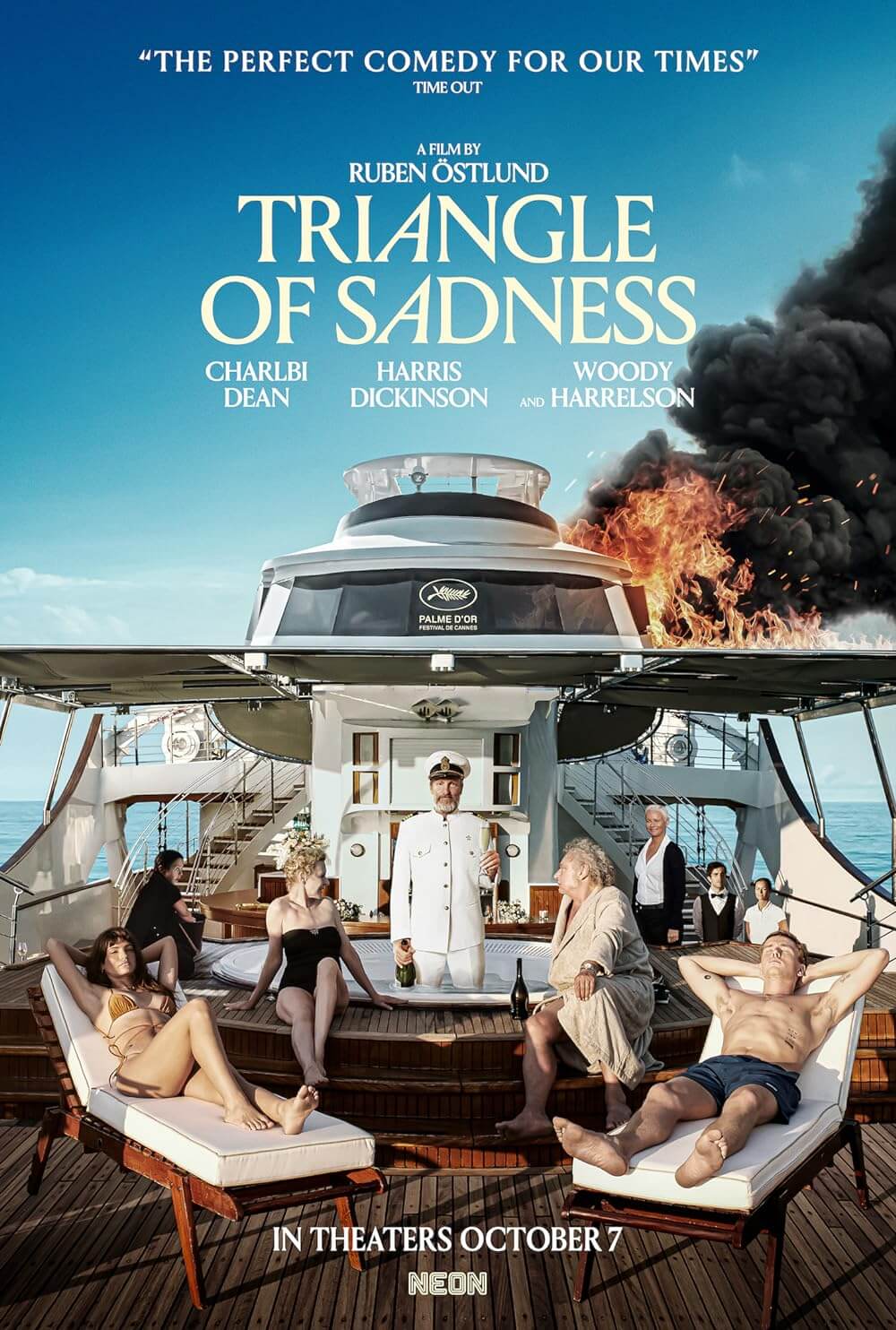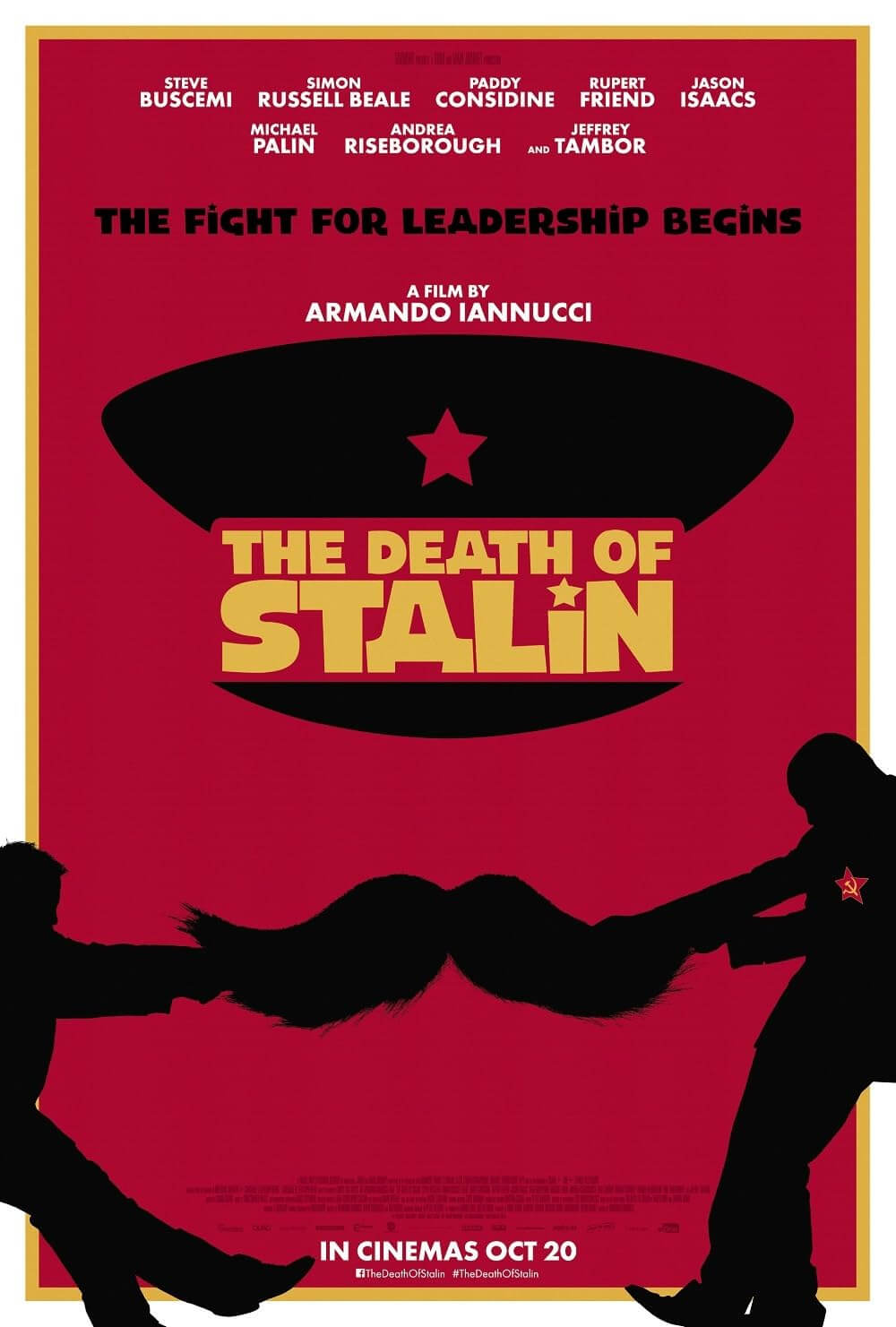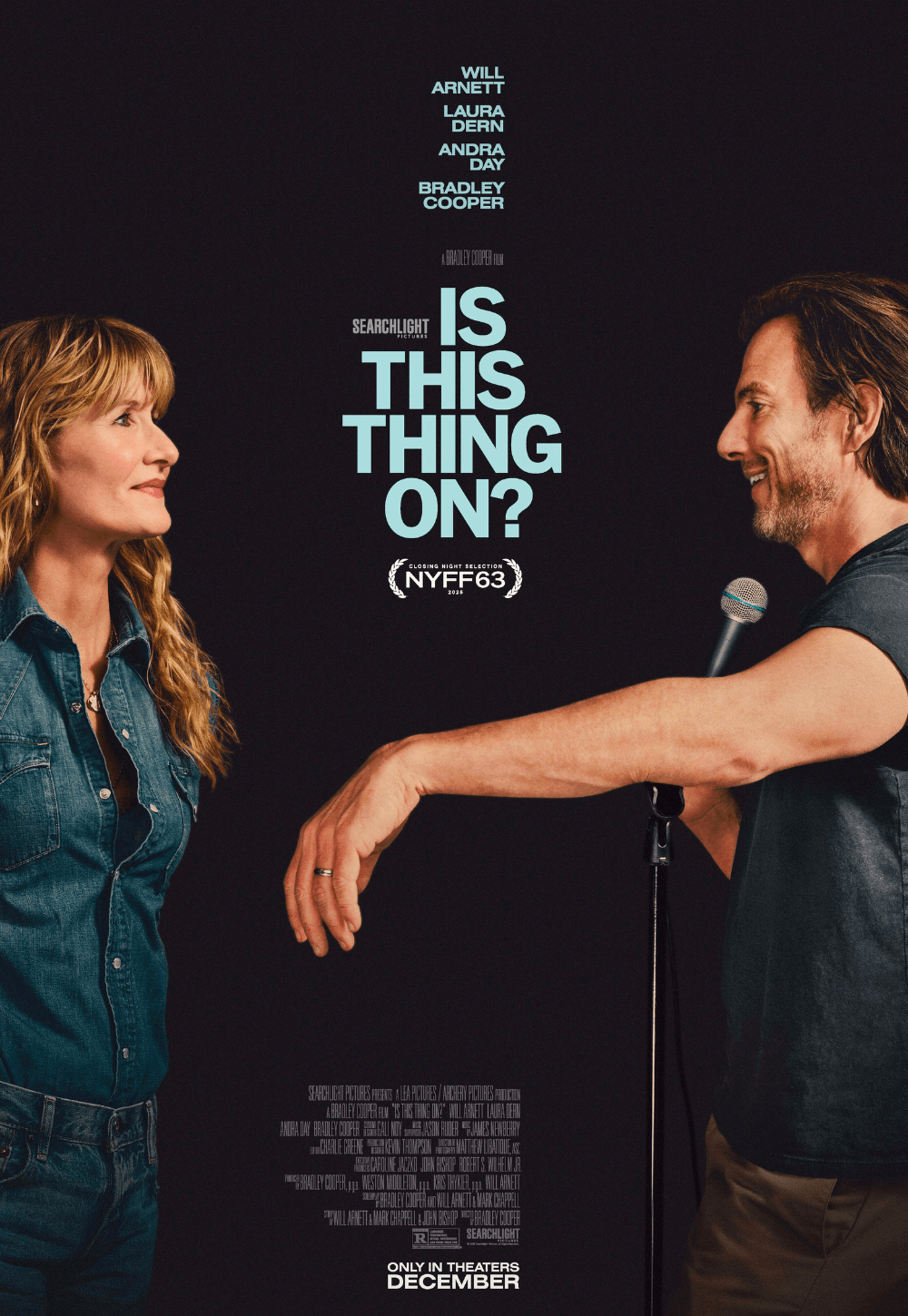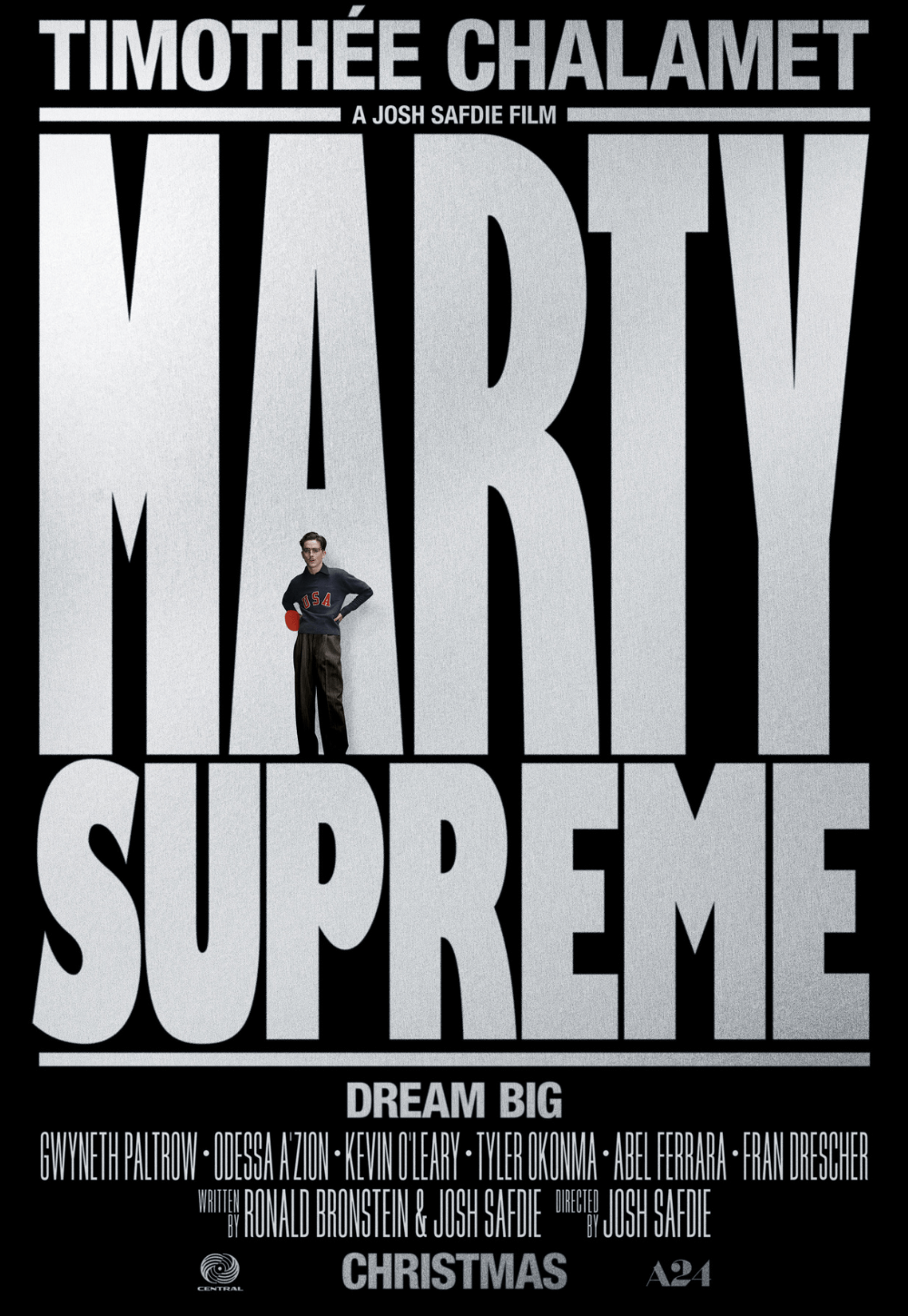Short Takes
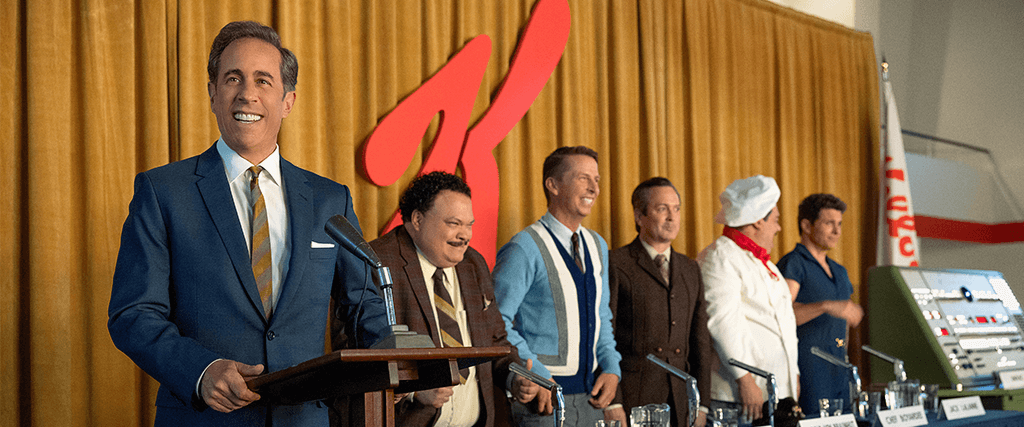
Unfrosted
By Brian Eggert |
Jerry Seinfeld’s Unfrosted answers the question: How did the breakfast food wizards at Kellogg’s invent Pop-Tarts? But the more compelling question is this: How did a comedy starring some of the funniest people on the planet (seriously, look at the cast) manage to be so bereft of laughs? Steeped in 1960s nostalgia, the movie blends fact and fiction in a high-energy satire filled with cereal puns and references, endless cameos, and corporate espionage between the various cereal manufacturers. Drawing from his decades of telling jokes about breakfast food, Seinfeld and his three longtime collaborators (Spike Feresten, Andy Robin, Barry Marder) wrote this zippy screenplay full of characters who have almost no identity outside of the comedian playing them. The narrative functions as a joke machine, churning out one quip and visual gag after another. However, in the 93-minute runtime, I only chuckled maybe twice and didn’t experience a single hearty laugh—you know, the baseline expectation of a comedy.
Seinfeld plays Bob Cabana, a Kellogg’s executive desperate to get a new breakfast pastry onto the market before his competition at Post, headed by the devious Marjorie Post (Amy Schumer). Situated in Battle Creek, Michigan (the “Cereal Bowl of America”), Cabana enlists a trusted friend and scientist (Melissa McCarthy), who’s currently working on NASA’s lunar program, to help crack the formula in the breakfast food industry’s equivalent to the space race. Cabana’s team faces all sorts of silly obstacles, such as threats from the milkman syndicate (headed by Christian Slater), which is concerned that the new Kellogg’s product would ruin milk sales; an impending nuclear war over access to Russian sugar; and outraged cereal mascots who organize and storm the Kellogg’s capital, led by the thespian playing Tony the Tiger (Hugh Grant). None of it lands—not even the dancing or outtakes over the end credits conjure much joy. But there’s enough truth amid the antics to prompt the viewer’s interest in what really happened.
From an aesthetic standpoint, Unfrosted is visually striking, thanks to Bill Pope’s crisp cinematography and production designer Clayton Hartley’s convincing 1960s presentation, both exaggerated for effect. The movie is more playful than last year’s brand biopics (Air, The Beanie Bubble, BlackBerry, Flamin’ Hot, Tetris), functioning as a goofball comedy with a thin relationship to reality. Seinfeld borrows the cartoonish madcap energy and even the plot structure of Joel and Ethan Coen’s The Hudsucker Proxy (1994), a similarly fictionalized origin story about the hula hoop. Like that film, Unfrosted involves fast-talking executives, a precocious child (two of them) who inspires the initial idea, and a comically crude drawing used to pitch the concept. But there’s also a touch of the 1960s advertising world from Mad Men. Regardless of the movie’s derivativeness, it’s not half as funny, inventive, or artistically minded as either antecedent.
If you’re in the mood for a more satisfying comedy about cereal, I recommend The Road to Wellville, a grotesque favorite from 1994 in which Anthony Hopkins plays Dr. John Harvey Kellogg, the scatalogically obsessed quack and inventor of Corn Flakes. As for Unfrosted, it’s perhaps only passable as a half-watched diversion on its home, Netflix. But given how much Seinfeld pontificates about what’s funny, effective joke structure, and the state of comedy today, his movie feels surprisingly laughless. Seinfeld has remarked plenty on his show Comedians in Cars Getting Coffee about how a comedian’s jokes and bits need to be refined and perfected in comedy clubs before they’re recorded and presented in, say, a comedy album or stand-up special. Working on a film production, Seinfeld never had the chance, outside of test screenings, to work out the kinks in his screenplay and ensure each joke lands. The result is devoid of original or memorable comedy, which is the last thing anyone expects from a movie featuring so many funny people.
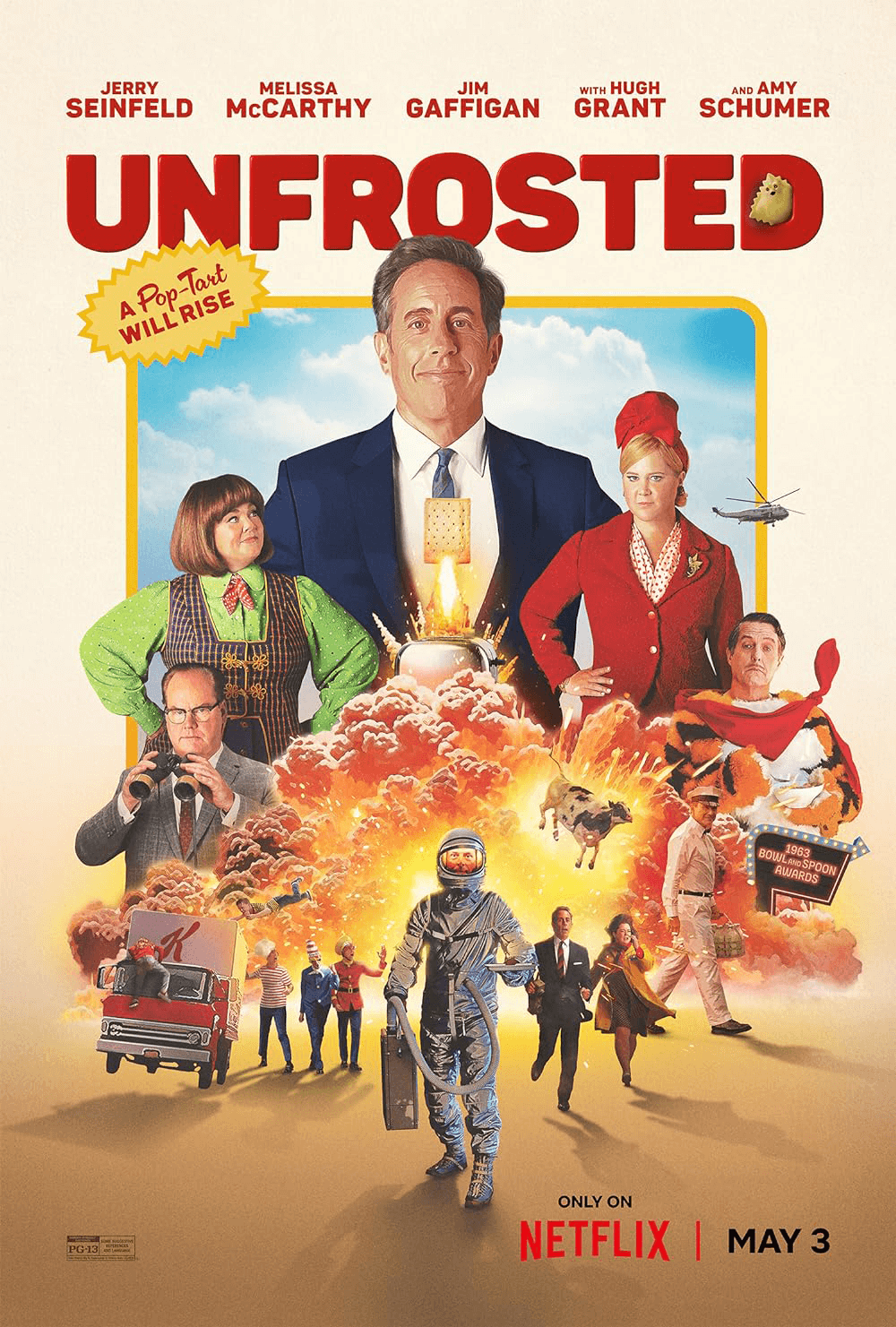
Thank You for Supporting Independent Film Criticism
If the work on DFR has added something meaningful to your love of movies, please consider supporting it.
Here are a few ways to show your support: make a one-time donation, join DFR’s Patreon for access to exclusive writing, or show your support in other ways.
Your contribution helps keep this site running independently. However you choose to support the site, please know that it’s appreciated.
Thank you for reading, and for making this work possible.
Brian Eggert | Critic, Founder
Deep Focus Review


